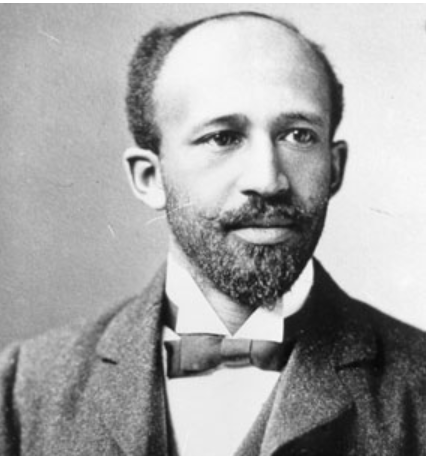Have you ever figured that your high school history classes taught you everything you need to know about history? Unfortunately, my friend, you’re gravely mistaken.
Schools across America love to pretend their curriculum is representative of all cultures across the globe. However, this is simply inaccurate. The American Political Science Association published a study stating, “Of the five publishers with three or more textbooks, 10 authors/publishers devote less than the sample mean of pages to African Americans. (The sample mean is 32:52; the percentage of pages below the mean for books published by Houghton/Mifflin is 33%, 50% for McGraw Hill…”
This means that McGraw Hill, the publisher of the history textbook Cherry Hill High School West uses, has half the mean percentage of pages dedicated to Black Americans throughout history. History classes following the U.S. curriculum are incredibly whitewashed, which Oxford Dictionary defines as, ”concealing unpleasant facts about someone or something.” This is entirely the case in U.S. history, as it tends to pretend white people are heroes in every story. In reality, there are a lot of different people and races white Americans have mistreated. Here are some Black Americans crucial to U.S. history that you need to know about.
- Bessie Coleman (1892-1926)
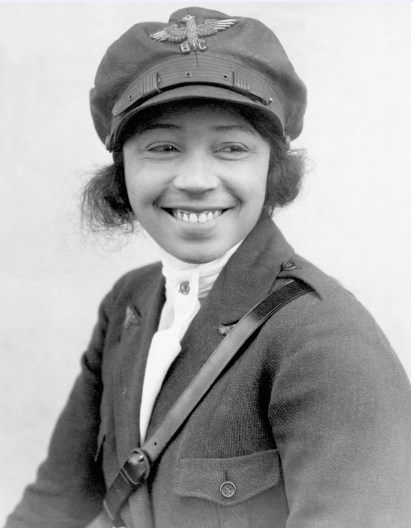 Photo courtesy of Wikipedia
Photo courtesy of Wikipedia
Bessie Coleman was the first licensed Black pilot in the United States, as well as the first person of Native American descent. She was known for her dangerous flying tricks, and earned several nicknames, such as “Brave Bessie”, and “Queen Bess”, according to the National Women’s History Museum. Coleman advocated for women and Black people to achieve their dreams. She earned her pilot’s license in 1921, after learning French to apply and go to the Caudron Brothers’ School of Aviation in Le Crotoy, France. She suffered a tragic plane accident in 1923, where she sustained multiple injuries, but was soon back in the air again. She was killed in 1926 during a test flight piloted by William Wills, who also died in the flight. Activist and journalist Ida B. Wells delivered her eulogy.
2. Robert Sengstacke Abbott (1868-1940)
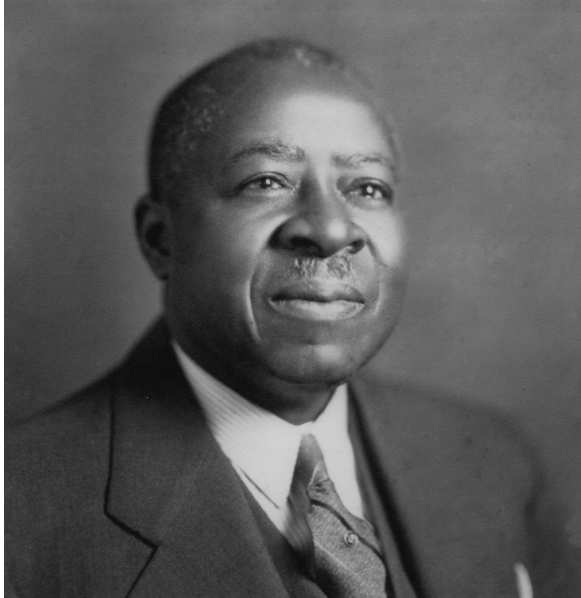 Photo courtesy of Chicago Literary Hall of Fame
Photo courtesy of Chicago Literary Hall of Fame
Robert Abbott graduated from Chicago’s Kent College of Law in 1898, but racial prejudice prevented him from practicing law. However, Abbott had a printing background and used his knowledge to create the Chicago Defender Newspaper, which became a hotspot for racial advancement, with the help of J. Hockley Smiley. The Chicago Defender published about injustices, but also about Black pride and assertiveness. He promoted northern migration, coining the term “Great Northern Drive” in 1917, according to the Chicago Literary Hall of Fame.
3. W.E.B. Du Bois (1868-1963)
Photo courtesy of National Park Service
W.E.B. Du Bois was an American scholar, author, sociologist, and activist. He was the first Black person to graduate from Harvard, and he earned a Ph.D. He’s a co-founder of the National Association for the Advancement of Colored People (NAACP), and edited their magazine, The Crisis. He wrote sociological essays called Souls of Black Folk and dozens of books on Black struggles in America. He was highly educated in both history and social sciences and performed the first case study on a Black community in America, called The Philadelphia Neg.: A Social Study (1899).
4. Jane Bolin (1908-2007)
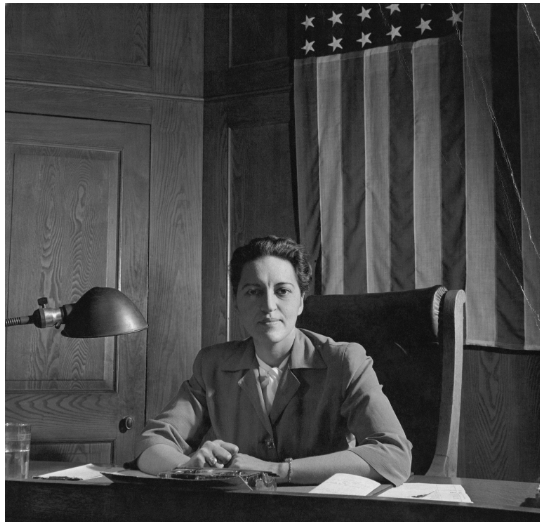 Photo courtesy of Essence
Photo courtesy of Essence
Jane Bolin was a woman of many firsts; according to the Historical Society of New York Courts, “[Bolin] was the first Black woman to graduate from Yale Law School, to join the New York City Bar, and to work in the office of the City’s Corporation Counsel.” If that wasn’t impressive enough, Bolin also was the first Black woman in the United States to gain a judgeship in 1939. She worked in New York City’s Domestic Relations Court, later turned Family Court, from 1939 to 1979.
5. Bayard Rustin (1912-1987)
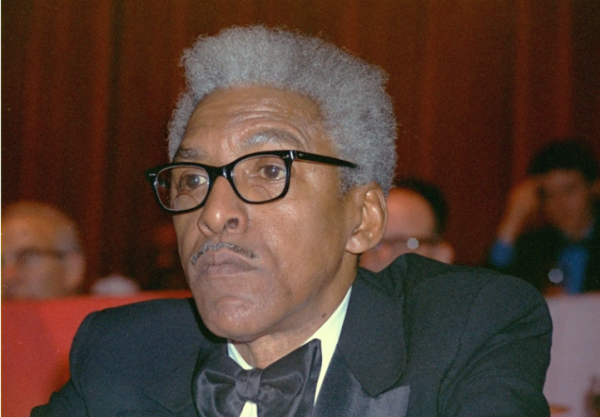 Photo courtesy of NBC News
Photo courtesy of NBC News
Bayard Rustin was a gay rights activist as well as an influential part of the Civil Rights Movement. Oprahdaily.com credits him with organizing and strategizing the March on Washington behind the scenes. Rustin was a close advisor of Dr. Martin Luther King, an active member of the Congress of Racial Equality (CORE), and helped found the Southern Christian Leadership Conference (SCLC). He also integrated and promoted unions in the Black community while serving as the head of the A. Philip Randolph Institute. Rustin served in humanitarian missions and was part of the LGBTQ+ rights movement, notably promoting AIDS education, according to the National Museum of African American History and Culture.
6. Alice Coachman (1923-2014)
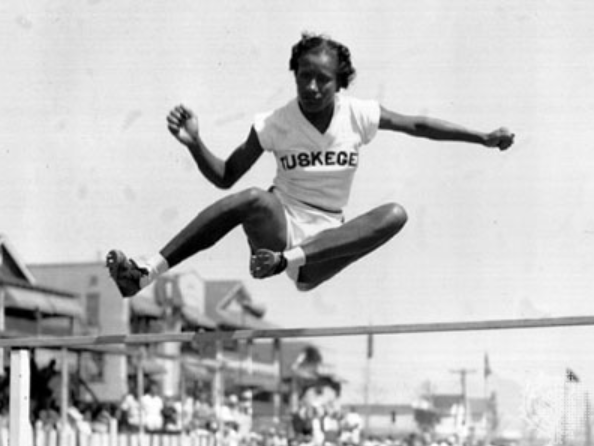 Photo courtesy of the Egalitarian
Photo courtesy of the Egalitarian
Alice Coachman was the first Black woman in the world to win an Olympic Gold Medal and achieved this honor during the 1948 Summer Olympics. She played for the Tuskegee Institute’s track-and-field team, and the “High jump was her event, and from 1939 to 1948 she won the American national title annually”, according to the National Women’s History Museum. She also endorsed the Coca-Cola brand in 1952 and was the first Black female athlete to endorse an international consumer brand. In 1975, Coachman was inducted into the National Track-And-Field Hall of Fame. Decades later, in 2004, she was inducted into the U.S. Olympic Hall of Fame, according to Oprahdaily.com.

